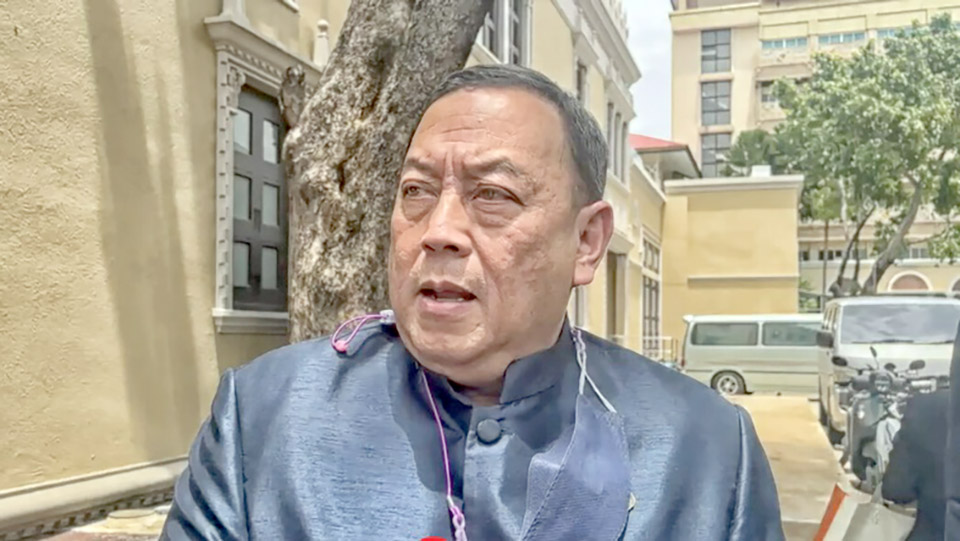
The government has stood by its decision to introduce revised criteria for receiving the elderly allowance, citing strains on state finances under the previous system of universal welfare payments. This comes amid criticism of the new rules for potentially restricting access to assistance.
Cabinet Secretary-General Natjaree Ananthasilp said concerns about the limitations of the new regulations were raised during Tuesday’s (15 Aug) cabinet meeting. Social Development and Human Security Minister Juti Krairiksh said during the meeting that if the existing criteria remain unchanged, the government could face annual costs of up to 100 billion baht from 2025, coupled with additional expenditures associated with Thailand’s aging population.
Interior Minister Gen Anupong Paojinda signed and published the new regulations in the Royal Gazette on August 11, with their implementation taking effect the following day. The previous regulations required that local administrative organizations provide monthly allowances of 600-1,000 baht to all elderly individuals, with varying amounts allocated to different age groups.
Under the updated rules, only elderly individuals without income or those with insufficient earnings to meet their cost of living expenses will be eligible for the state’s monthly allowance. However, a transitional provision stipulates that those registered for the allowance with local bodies before August 12, 2023, will not be affected by the changes and will continue to receive the allowance.
Minister Juti suggested that the new government subject the payment structure for senior citizens to a detailed review by its own committee before determining whether or not to uphold the new measures. He also noted that there are currently 4 million impoverished senior citizens in the country, emphasizing the government’s obligation to prioritize assistance to those in need.
The annual budget allocation for the Social Development and Human Security Ministry currently stands at 8 billion baht. (NNT)






